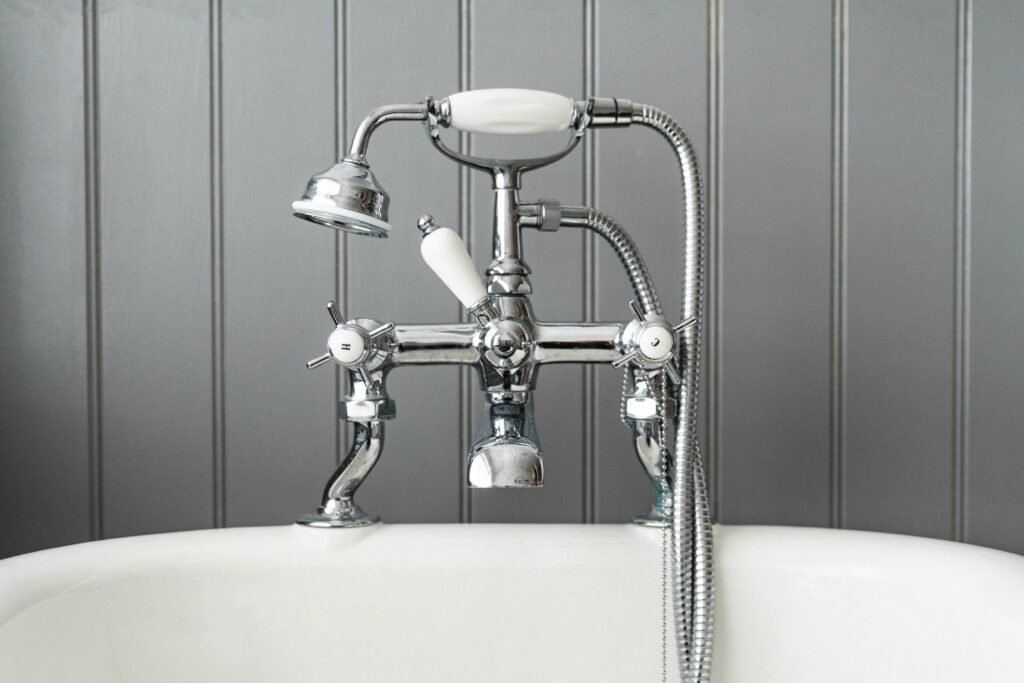Indoor environmental quality (IEQ) is a critical aspect of building design and management, encompassing factors such as air quality, thermal comfort, lighting, and acoustic conditions. Among these, the role of mechanical plumbing systems in supporting IEQ is often underestimated. However, these systems play a crucial role in maintaining a healthy and comfortable indoor environment for building occupants. In this article, we will delve into how mechanical plumbing supports IEQ and the various ways in which it contributes to creating a conducive indoor environment.

Ventilation and Indoor Air Quality
Mechanical plumbing systems play a key role in maintaining adequate ventilation and indoor air quality within buildings. Proper ventilation helps remove indoor pollutants, such as volatile organic compounds (VOCs), carbon dioxide (CO2), and airborne particles, thereby ensuring a healthier indoor environment. Mechanical ventilation systems, including exhaust fans, air handling units, and ductwork, facilitate the circulation of fresh outdoor air while expelling stale indoor air.
Humidity Control
Maintaining optimal humidity levels is essential for indoor comfort and health. Mechanical plumbing systems, such as HVAC (Heating, Ventilation, and Air Conditioning) systems, incorporate components like humidifiers and dehumidifiers to regulate indoor humidity levels. Excessive moisture in the air can lead to mold growth, while overly dry air can cause discomfort and respiratory issues. By controlling humidity levels, mechanical plumbing systems contribute to creating a balanced and comfortable indoor environment.
Water Quality and Supply
Mechanical plumbing systems are responsible for delivering clean and safe water for various purposes, including drinking, bathing, cooking, and sanitation. Water quality is a crucial factor in maintaining IEQ, as contaminated or impure water can pose health risks to occupants. Mechanical plumbing components, such as water filtration systems, backflow preventers, and water treatment plants, ensure that the water supply meets regulatory standards and is free from harmful contaminants.
Thermal Comfort
Achieving thermal comfort is essential for occupant satisfaction and productivity. Mechanical plumbing systems, particularly HVAC systems, play a significant role in regulating indoor temperatures to maintain optimal comfort levels. Through the distribution of heated or cooled air via ductwork and ventilation systems, mechanical plumbing helps mitigate temperature extremes and create a comfortable indoor environment year-round.
Noise Control
Excessive noise can negatively impact occupant comfort and productivity. Mechanical plumbing systems, including pipes, pumps, and HVAC equipment, can generate noise during operation. Proper design, installation, and maintenance of these systems are essential for minimizing noise levels and ensuring a quieter indoor environment. Techniques such as sound insulation, vibration isolation, and equipment selection can help reduce noise emissions from mechanical plumbing components.
Energy Efficiency
Energy-efficient mechanical plumbing systems not only reduce operational costs but also contribute to IEQ by minimizing environmental impact. Energy-efficient equipment, such as high-efficiency boilers, pumps, and water heaters, helps conserve resources and reduce greenhouse gas emissions. Additionally, advanced control systems, such as building automation systems (BAS) and energy management systems (EMS), optimize the performance of mechanical plumbing systems while ensuring comfort and efficiency.
Accessibility and Maintenance
Accessibility and ease of maintenance are crucial considerations for ensuring optimal IEQ. Well-designed mechanical plumbing systems feature accessible components and clear service access points, allowing for easy inspection, maintenance, and repair. Proper maintenance helps prevent system failures, minimize downtime, and ensure consistent performance, thus contributing to overall IEQ.
In conclusion, mechanical plumbing systems play a vital role in supporting indoor environmental quality (IEQ) within buildings. From ventilation and air quality control to humidity regulation, water supply, thermal comfort, noise control, energy efficiency, and accessibility, these systems encompass various components and functions that directly impact occupant health, comfort, and productivity. By incorporating sustainable practices, advanced technologies, and proper maintenance protocols, mechanical plumbing systems can effectively contribute to creating a healthier, more comfortable, and more sustainable indoor environment for building occupants. As such, architects, engineers, building owners, and facility managers should prioritize the integration and maintenance of high-quality mechanical plumbing systems to optimize IEQ in their buildings.
